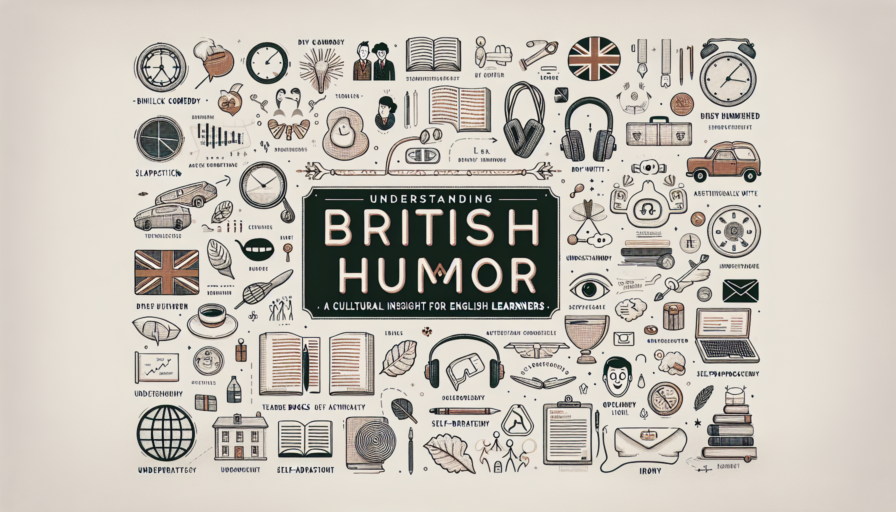
Contents
The origins of British humor are as rich and diverse as the nation itself. When we explore the historical roots of this unique form of comedy, we find a tapestry woven from various cultural influences and societal changes. From ancient times to the modern day, the evolution of British humor has been shaped by numerous factors.
Initially, the origins of British humor can be traced back to the medieval period. The use of jesters and wandering minstrels played a crucial role in entertaining audiences, often providing social commentary through satire and parody. Over the centuries, various comedic styles emerged, including:
As we move into the 20th century, we see the emergence of iconic figures who greatly influenced the origins of British humor. The advent of radio, television, and cinema brought forth legendary comedians and shows that defined British wit. This period also witnessed the birth of absurdism, with artists like Monty Python pushing boundaries and redefining comedic norms. The blend of traditional and modern styles has contributed to an incredibly rich legacy:
In this exploration of the origins of British humor, we recognize how each era contributes to the overall fabric of comedy in Britain. Understanding this historical perspective enriches our appreciation for the diverse nuances found within British humor today.
As enthusiasts of culture and language at Britannia School, we recognize that British humor possesses a unique charm rooted in its key characteristics: wit, irony, and satire. Each of these traits contributes to the richness of comedic expression found within the British Isles, making it a delightful subject for exploration.
By delving into these key characteristics of British humor, we not only enjoy its intricate layers but also gain insight into the societal context that shapes it. Understanding wit, irony, and satire enriches our appreciation for the humor that has become synonymous with British culture.
At Britannia School, we recognize that British humor is a diverse and complex tapestry woven from various comedic styles. Whether you’re a student of the language or a connoisseur of comedy, understanding the common types of British humor can enhance your appreciation of our culture. Let’s explore some of the quintessential forms that make our wit unique and endearing.
In exploring these styles, we find that British humor is not just about making jokes; it’s a reflection of our culture, values, and social commentary. By engaging with these different types, we can deepen our connection to the rich comedic heritage that defines the United Kingdom.
When we delve into British humor, we uncover a distinct flavor that sets it apart from humor found in other cultures. One primary characteristic of British humor is its reliance on irony and sarcasm. This form of wit often leaves many non-Brits puzzled, as they might miss the underlying meanings or the subtle nuances that define British comedic expression.
We can categorize the facets of British humor that illustrate its uniqueness in comparison to other cultures:
Additionally, cultural references in British humor often stem from shared societal experiences and historical contexts, making it distinctive even within the English-speaking world. The appreciation and understanding of British humor demand familiarity with these specific cultural backgrounds, illustrating a vast landscape where comedy reflects the intricacies of modern British life.
As we embark on our journey to understand and appreciate British humor, it’s essential that we keep an open mind and become familiar with its unique characteristics. British humor often relies on wit, irony, and a touch of absurdity, making it distinctly different from humor in other cultures. Here are some practical tips we can use to immerse ourselves in the delightful world of British humor:
Additionally, engaging in conversations with native speakers can significantly enhance our understanding. Asking for clarification when jokes are made will not only aid in our comprehension of British humor but also encourage social interaction. It’s important to remember that humor can be subjective; hence, learning to appreciate it can take time and practice. By actively engaging with these practices, we will gradually notice how British humor shapes interactions and culture in the UK.